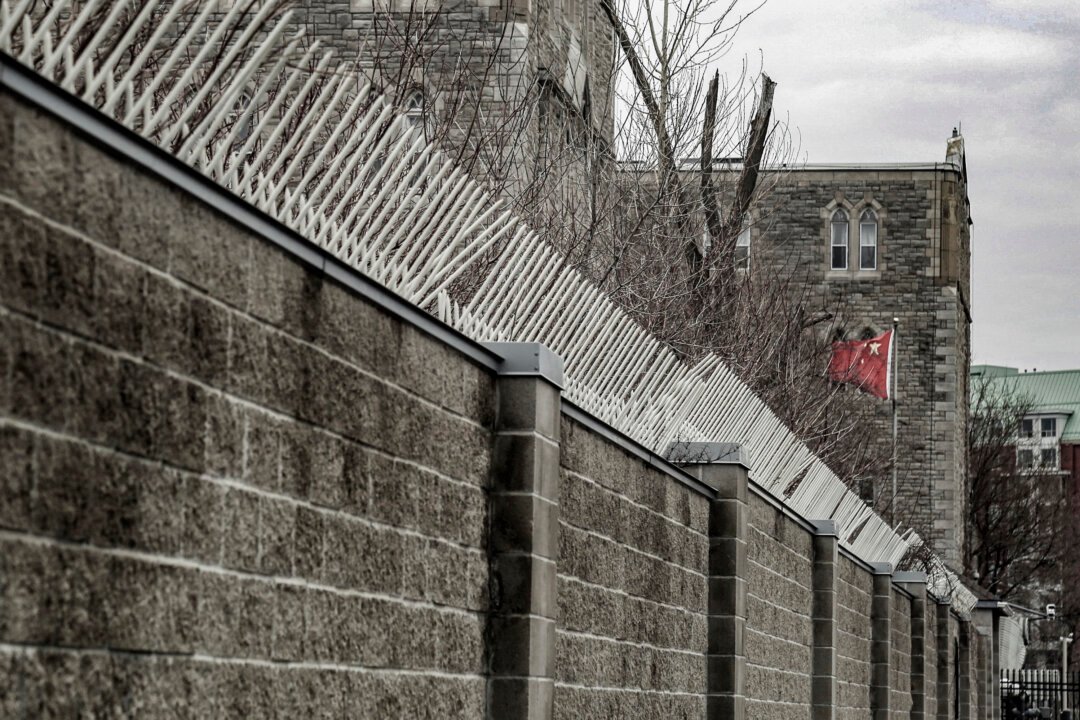
Canada, a nation built by immigrants seeking refuge from various hardships, is now facing a stark reality: the persecution they fled often follows them across borders. While many sought better lives, escaping war, conflict, or persecution based on political or religious beliefs (as seen in cases from Iran, Eritrea, Rwanda, Russia, and China), a concerning trend has emerged.
China, in particular, stands out as a major perpetrator. Recent reports highlight a surge in attacks against Chinese critics residing in Canada. These critics represent a broad spectrum of individuals deemed “dissidents” by the People’s Republic of China, including:
- Uyghur Muslims: Fighting to bring awareness to the over one million of their people incarcerated in what are widely considered concentration camps.
- Tibetans: Facing the erasure of their language and culture, and the forced assimilation of their children.
- Hong Kongers: Advocating for democratic societies.
- Taiwanese: Striving to maintain their independence.
- Falun Gong practitioners: Raising awareness about the harassment and imprisonment of their fellow practitioners in China for their faith.
This escalating situation necessitates a serious examination of how Canada can effectively protect its citizens from such threats and ensure the safety and security of those who have sought refuge within its borders. The question remains: how can Canada adequately address this growing challenge and ensure the safety of its immigrant population?

